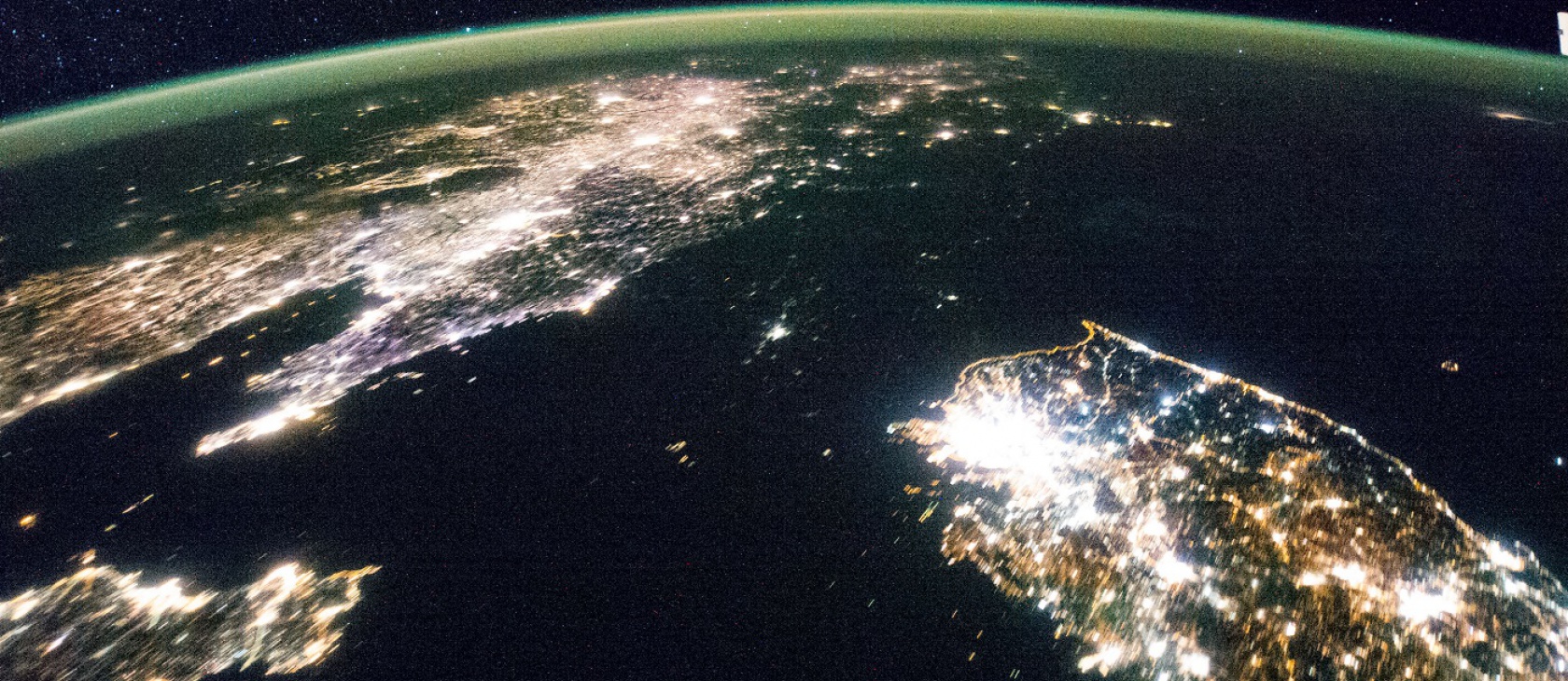As noted, some members of the Alt-Right have an unusual affinity for North Korea as a bastion of nationalist, anti-imperialist, racial collectivism. Not all of the Kim dynasty’s supporters are utterly powerless. Aleksandr Dugin has stated North Korea represents another “mode of development” in opposition to Western capitalism and liberal democracy, one it may wage nuclear war to preserve.
Dugin has been described as Vladimir “Putin’s Brain” or, because of his beard, “Putin’s Rasputin.” In 2008, it was Dugin who told Der Spiegel, “Our troops will occupy the Georgian capital Tbilisi, the entire country, and perhaps even Ukraine and the Crimean Peninsula, which is historically part of Russia, anyway" – and soon saw much of his forecast become reality.
Perhaps more important for the contemporary United States, in his book Foundations of Geopolitics, he suggested Russian intelligence “introduce geopolitical disorder into internal American activity, encouraging all kinds of separatism and ethnic, social and racial conflicts, actively supporting all dissident movements – extremist, racist, and sectarian groups, thus destabilizing internal political processes in the U.S.” This has been the exact shape of Russia’s online psyops campaign.
Although the exact extent of Dugin’s influence with Putin remains subject to debate and exaggeration – an exaggeration he likely encourages – Dugin occupies an important position in Russian society, as well as a place of privilege among the Alt-Right. The onetime leader of the National Bolshevik Party has advanced a syncretistic new political philosophy combining elements of fascism and Marxism, albeit without explicitly racial overtones, in his book, The Fourth Political Theory, which was published by the Alt-Right publishing house Arktos Media and translated in part by Richard Spencer’s wife, Nina Kouprianova.
In the book, he likens the United States to the “Antichrist” seeking to export free markets and democracy around the world. To this end, it has picked a fight with North Korea in order to divert “the world's attention away from what America herself is seeking to do: to set up a worldwide economy in America’s own image. Of course, the Americans are at fault here.”
Eager to limit U.S. influence, he has endorsed North Korea as an alternate “mode of development” – which should have the right to pursue its own economic policies by recourse to nuclear weapons, if necessary.
Kim Jong Un’s “missile is our missile,” Dugin said in an online video. “We need to organize protests immediately in support of North Korea … [and] beg our military leaders to give over nuclear weapons to North Korea, as well as to Iran, Venezuela, and other exceptional regimes.”
North Korean communism is needed to save the world from capitalism, Dugin said:
Because we need to set the record straight: we do not want an American Empire. We want a multipolar world, and we want for there to be different paths of development in the world. … If you like free markets, good. And if you don't like free markets, that's also good. And if we want totalitarianism, even totalitarianism is good! Why? Because people are free to choose their own mode of development.
It is unclear in what sense Pyongyang’s economic basket case could serve as a “mode of development,” except in reverse. North Korea and South Korea remained roughly equal in wealth until 1973, when Seoul embraced free trade and became a booming modern economy. Conversely, a well-known photo taken from space shows an eerie darkness descending over North Korea each night – a reminder of the Soviet-era joke, “What did Marxists light their houses with before candles? Electricity.”
North Koreans suffer from mass starvation and incarceration. Those who manage to escape those fates are not left untouched by suffering. North Koreans stand three inches shorter and live 12 years less than South Koreans. So desperate are Northerners for food that many have resorted to stealing their neighbors’ human waste to use as fertilizer, livestock being exceedingly rare.
Yet in Dugin’s reckoning, not only are North Korea, Iran, et. al., justified in defending their “mode of development” from Yankee imperialism with nuclear missiles, but they embody the highest aspirations of mankind itself:
[T]o not understand that North Korea is a seed of humanism and democracy in the face of an American occupation is to demonstrate complete and utter ignorance. Either that, or to truly will your country into slavery. What is North Korea? It is freedom. It is an island of freedom, like Cuba. … It's a very good society with a perfectly good regime, for them.
We might agree that North Korea is equally isolated and enjoys freedoms comparable to those in Cuba, but we disagree with Dugin about what that means.
Another sign of American decadence, in Dugin’s mind, is the triumph of Christianity in South Korea. “I have nothing in particular against South Koreans. However, do recall that their Buddhist, Shamanist, Daoist, Confucianist culture is now dominated almost entirely by Protestants,” Dugin said. “The uniqueness of the Korean people there is utterly absent, whereas in North Korea it thrives.”
In the end, South Korea represents democracy and capitalism, while North Korea represents “The heart of the human being is the battle between North and South Korea,” Dugin said. “Every citizen worth the paper on which he writes his name ought to be on the side of North Korea.”
You can watch the full video below:




